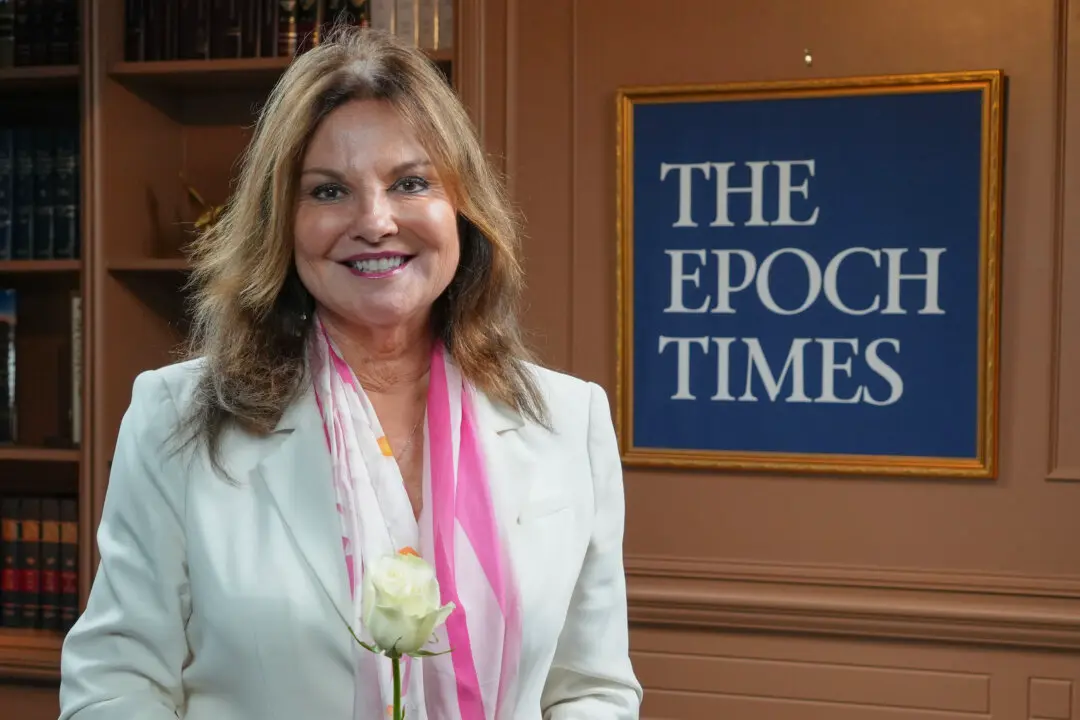SANTA CLARA, Calif.—California is pushing back its schedule to implement a proposed math curriculum that has sparked controversy.
The California Department of Education stated on July 14 that it would postpone its implementation of the new math framework after receiving hundreds of letters of opposition to the curriculum.





